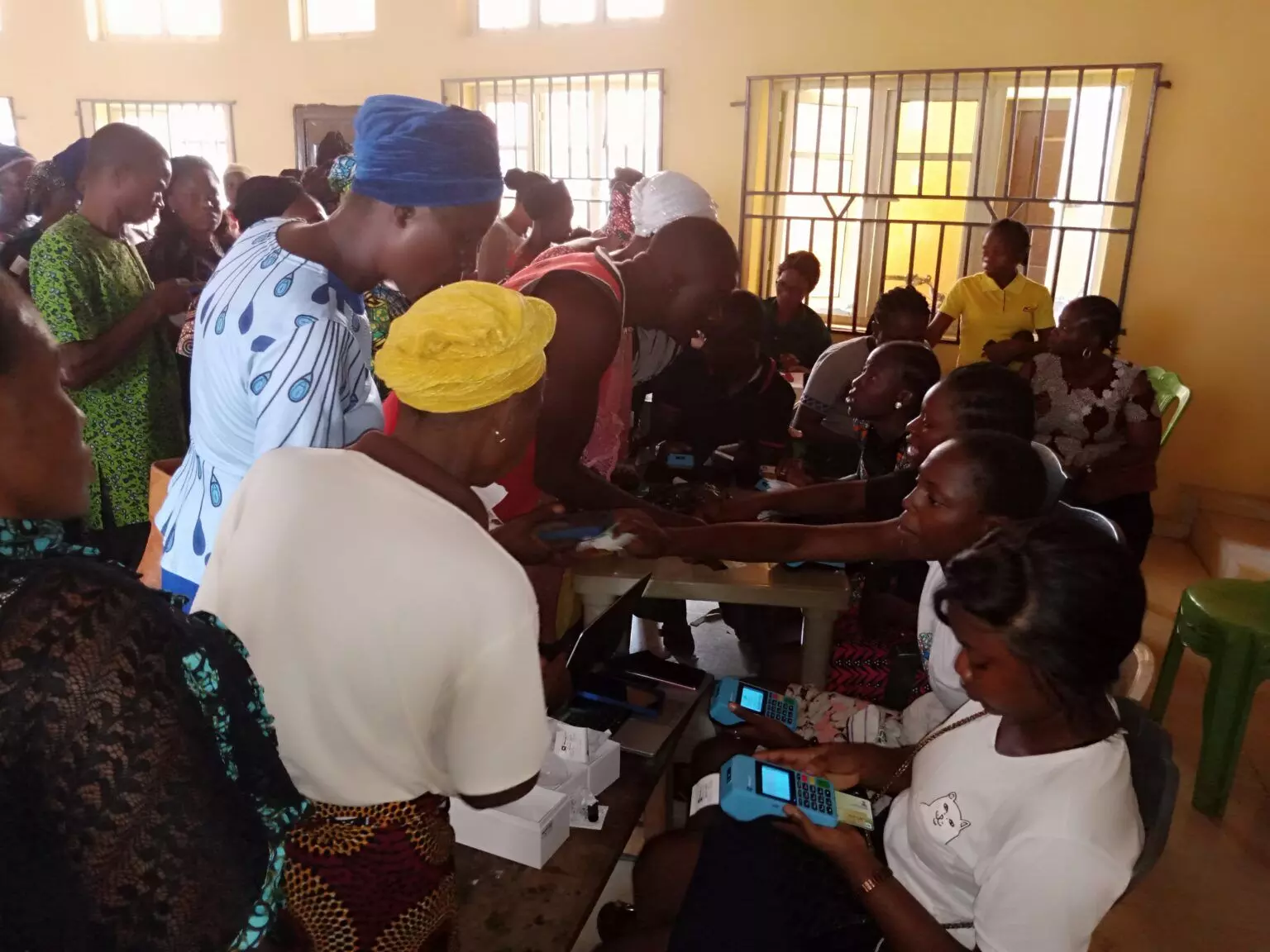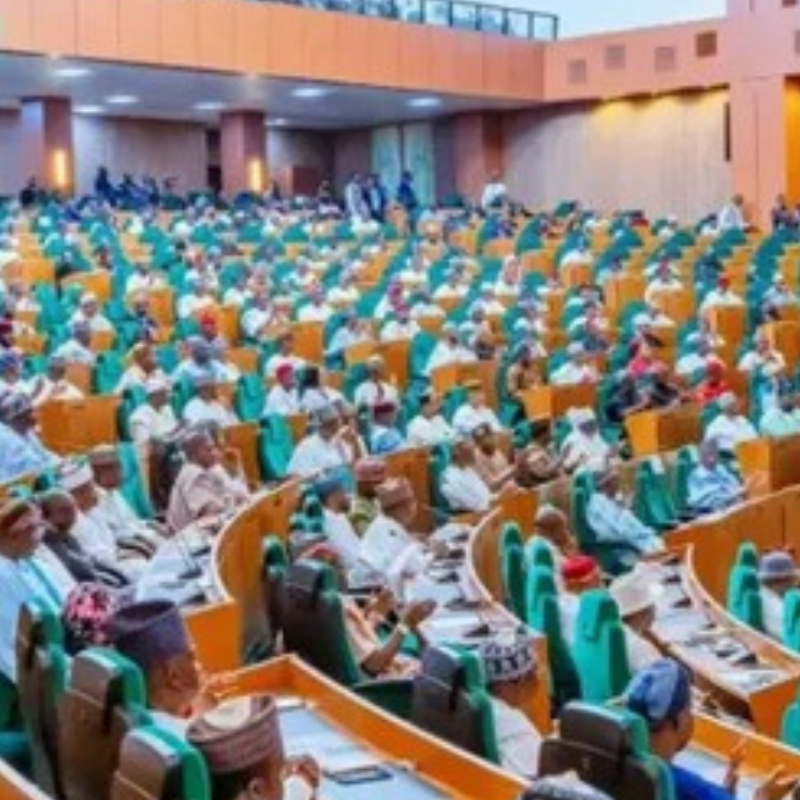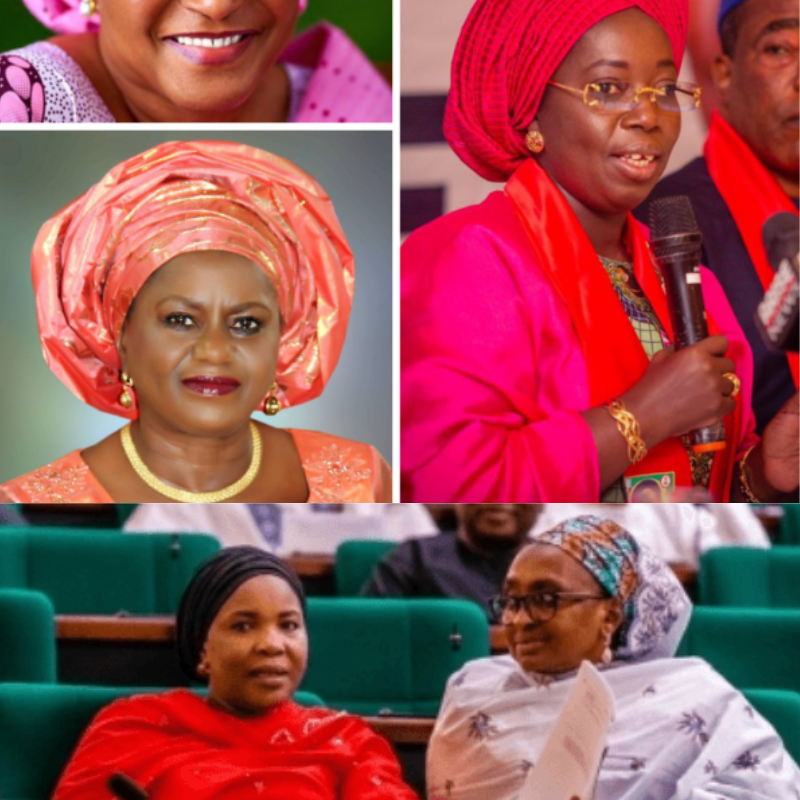How well has the much talked about cash transfers impacted on vulnerable and marginalized households and groups in Nigeria?
![]()
In a bid to alleviate poverty and support vulnerable households, the Nigerian government, in collaboration with the World Bank, launched the Household Uplifting Programme – Conditional Cash Transfers (HUP-CCT) in September 2016.
This initiative was designed to provide direct financial assistance to low-income families, enhancing their access to basic needs and improving their overall well-being.
However, recent concerns regarding delayed and inconsistent payments have cast doubts on the effectiveness and transparency of the programme, prompting a call for an investigation by the House of Representatives
Cash Transfer: A Lifeline for the Vulnerable?
The Conditional Cash Transfer (CCT) Programme was conceived as part of Nigeria’s broader economic and social inclusion strategy. The programme seeks to mitigate economic hardship by providing financial aid to poor and vulnerable households, particularly in the wake of rising inflation and economic instability.
As part of the 2024 implementation phase, beneficiaries were informed that they would receive ₦50,000 each for three months—a much-needed relief for many struggling families.
However, given Nigeria’s socioeconomic structure, it is essential to assess this programme from the Gender Equality and Social Inclusion (GESI) lens. Women, persons with disabilities (PWDs), and marginalized groups are often disproportionately affected by poverty and economic instability, making it crucial to ensure that these funds reach them effectively.

Payment Delays, Gender Gaps, and Accountability
Despite the programme’s noble intentions, reports from beneficiaries indicate significant delays in disbursement. Many nominees who submitted their details through the designated online portal have either received payments months later than expected or have not received any payments at all.
This raises concerns about the efficiency of the National Cash Transfer Office (NCTO) and whether funds are being disbursed appropriately.
From a GESI perspective, these delays are particularly harmful to women-led households, who often rely on such funds to support their families. Similarly, rural communities and persons with disabilities (PWDs) may face additional barriers in accessing and navigating the digital registration process, further widening the inequality gap.
READ ALSO: Rep to Probe Conditional Cash Transfer from 2016
Reps Probe: A Call for Inclusive Investigation
Concerned by these irregularities, Rep. Abass Adigun (Oyo, PDP) moved a motion in the House of Representatives calling for an investigation into the delays and inefficiencies of the Conditional Cash Transfer Programme. The motion highlights the need for a comprehensive review of the fund’s management and disbursement process to ensure that the financial aid reaches its intended beneficiaries, especially the most disadvantaged groups. To achieve this, the House has resolved to set up an ad-hoc committee to investigate these issues and report findings

Need for Stronger Oversight and GESI-Sensitive Reforms
This investigation presents a crucial opportunity to address systemic weaknesses within the programme. To ensure greater transparency, equity, and efficiency, the following measures must be considered:
- Strengthening Monitoring Mechanisms with a GESI Lens: An independent body should oversee the fund disbursement process, ensuring that payments are done promptly prioritizing women, PWDs, and marginalized groups without unnecessary barriers.
- Enhancing Digital Accessibility: The government should implement alternative offline registration methods, to accommodate beneficiaries in remote areas and those with disabilities.
- Improving Feedback Mechanisms for Marginalized Groups: Establishing accessible hotlines, complaint desks, and community grievance platforms will allow all beneficiaries, including those with limited digital literacy, to report delays and irregularities promptly.
- Auditing and Public Accountability: Conducting regular gender-disaggregated audits and publishing reports on disbursements will enhance public trust and accountability.
- Strengthening Legislative Oversight with an Inclusive Approach: The National Assembly must ensure that policy decisions explicitly incorporate GESI considerations, ensuring that no vulnerable group is left behind.
Inclusive and Effective Social Protection
Nigeria’s Conditional Cash Transfer Programme remains a vital tool for poverty reduction, but its impact is hindered by inefficiencies and potential mismanagement. The proposed legislative investigation is a step in the right direction, reinforcing the need for accountability, transparency, and equity in the implementation of social welfare policies.
As the investigation unfolds, stakeholders—including civil society organizations, women’s rights groups, and disability advocacy organizations must remain vigilant, ensuring that the programme fulfills its core mission. Only through sustained oversight and reforms can Nigeria build a social protection system that truly serves all citizens, leaving no one behind.




